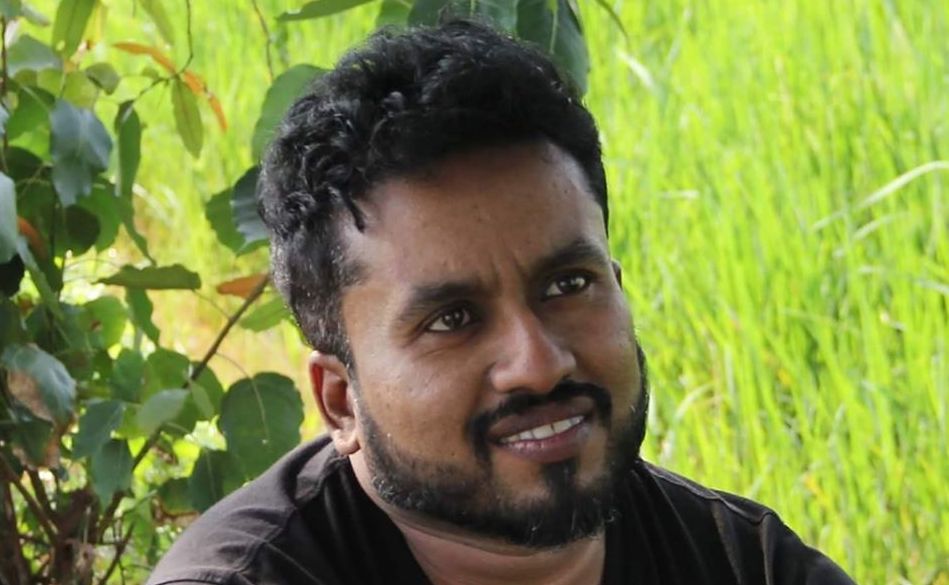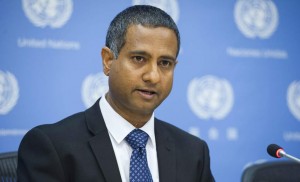
Sri Lankan rationalist summoned by police for questioning
Indika Rathnayake summoned by police after a Buddhist monk accused him of propagating fictitious ideas about Buddha and Buddhism

Indika Rathnayake summoned by police after a Buddhist monk accused him of propagating fictitious ideas about Buddha and Buddhism
On 8 June 2020, a Buddhist monk and director of the Buddhist Information Centre, filed a complaint with the Criminal Investigation Department claiming that Rathnayake had propagated fictitious ideas about Buddhism and Buddha. According to Rathnayake, the monk based these accusations on Rathnayake’s Facebook posts – stating that Buddhism originated from Jainism. Reacting to the complaint filed with the Criminal Investigation Department, Rathnayake filed a complaint himself with the Human Rights Commission of Sri Lanka on 10 June 2020, due to this infringement of his fundamental right of freedom of expression.
Rathnayake, an online activist and convener of the Irreligious Community of Sri Lanka, was recently summoned by the Organised Crimes Prevention Police Division. He will have to give a statement on 29 July 2020. Humanists International is monitoring the case with great concern.
According to media reports, the Buddhist monk claims that Rathnayake should be arrested and charged under Article 291 B of the Penal Code and Article 3(1) of Sri Lanka’s ICCPR Act (2007). The same charges have been laid against writer Shakthika Sathkumara, also by the Buddhist Information Centre, for writing a short story that angered Buddhist groups in Sri Lanka. Article 291 B states that individuals “with the deliberate and malicious intention of outraging the religious feelings” or “attempts to insult the religion” of someone will be punished with imprisonment, a fine, or with both. While Article 3(1) of Sri Lanka’s ICCPR states that “no person shall propagate war or advocate national, racial or religious hatred that constitutes incitement to discrimination, hostility or violence” and makes any such crime a non-bailable offence which is punishable by up to 10 years in prison.
The UN’s Special Rapporteur on Freedom of Religion or Belief’s concluding report, following his visit to Sri Lanka in 2019, says that the ICCPR Act in Sri Lanka has “become a repressive tool curtailing freedom of thought or opinion, conscience and religion or belief.”

UN Special Rapporteur on Freedom of Religion or Belief, Ahmed Shaheed
Humanists International shares the Special Rapporteur’s worry and fear that the complaint filed against Rathnayake is an attempt of stifling legitimate expression.
According to the same report, it has been reported that the ICCPR Act is being misused to protect religions or beliefs against criticism and insults. Humanists International underlines once again that religious beliefs should not be protected from criticism. Indika Rathnayake’s inalienable right to freedom of expression should be protected by the Sri Lankan government, and the complaint against him should be dismissed immediately.